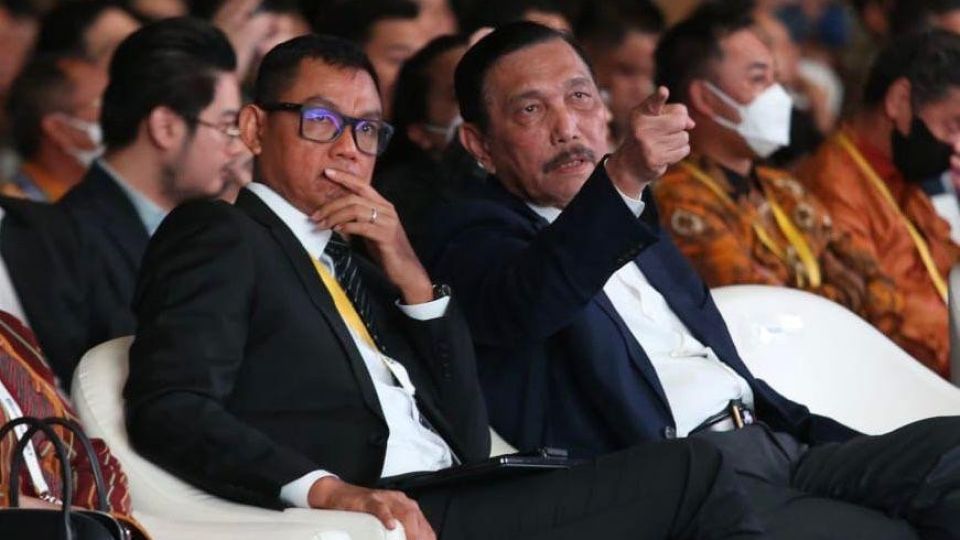July 25, 2023
JAKARTA – The government has reaffirmed its plan to launch Indonesia’s first carbon exchange in September, aiming to bring the country closer to its net-zero emission reduction target.
Luhut Pandjaitan, coordinating maritime affairs and investment minister, told audiences on Monday that only entities operating in Indonesia would be allowed to trade on the exchange and the scheme would be similar to stock trading.
Previously, the Financial Services Authority (OJK) set a target that the country’s carbon exchange would start operations in September and it would not wait for the Finance Ministry’s carbon tax implementation.
“Our carbon market is estimated to be valued up to US$15 billion per tonne of carbon dioxide. So, this is a huge number,” Luhut said.
He added that the carbon exchange would help the country implement its carbon pricing mechanism, which it had laid the groundwork with the Presidential Regulation on carbon economic value along with its implementing regulation.
Besides the carbon exchange, Indonesia would also introduce regulations on international carbon trading, he said.
Asked if the country had already made a decision on the price of its carbon, Luhut said the government was still working on it.
However, he affirmed the country had the potential to absorb a huge amount of emissions. This includes the ability to store up to 400 gigatonnes of CO2 in oil and gas reservoirs across the country using Carbon Capture Utilization and Storage (CCUS), according to a study from Rystad Energy.
On Monday, the United Kingdom government inked an agreement to allocate 2.7 million pounds (US$3.5 million) for Indonesia to fund technical support needed in developing and coordinating carbon pricing policy.
Luhut said the agreement served as a follow-up to the two nations’ previous agreement in a memorandum of understanding (MoU) reached last year in Bali, prior to the Group of 20 Summit.
Antonius Hari, head of the capital market regulation and development department of the OJK said on Monday the agency was still studying the possibility of acknowledging carbon credit as a security aside from commodity, similar to implementation in other countries.
This includes studying whether the country could implement carbon pricing at a smaller value to accommodate retail investors similar to the stock exchange.
“We are currently learning and seeking an appropriate form,” Antonius said, adding this would depend on the decision in respective ministries handling the carbon pricing.
Should Indonesia implement carbon pricing, he continued, the Finance Ministry had forecasted the carbon pricing industry could potentially provide up to Rp 4 quadrillion (US$265.98 billion) in tax revenue, making its implementation beneficial for the state budget.
While Indonesia is gearing up to launch its carbon exchange, Singapore, among other several potential buyers, has not yet decided to seek carbon credits from Indonesia. “For carbon credits, we have started some discussions, but we do not know yet whether Indonesia is prepared to open its carbon credit markets,” Singapore’s Senior Minister Teo Chee told Indonesian news outlets on July 6 in Singapore.
Teo continued, for now, Singapore has reached different agreements for carbon credits with international countries and cited that progress has moved reasonably well.
He emphasized that carbon credits were not restricted by geographical factors as opposed to its plan to import green electricity produced from renewable energy, which it is still considering buying from Indonesia.
“We can have carbon credits with countries anywhere in the world,” Teo said.


